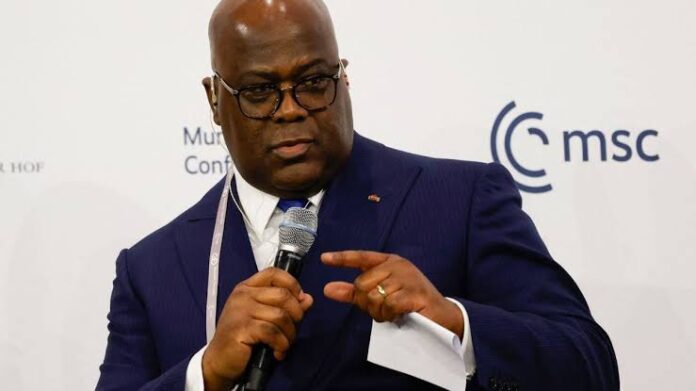In a move that could reshape both regional stability and global resource dynamics, the Democratic Republic of Congo (DRC) and the United States have officially opened negotiations on a minerals-for-security agreement. The proposed deal, still in its early stages, is seen as a strategic effort to curb escalating conflict in eastern DRC while deepening economic and diplomatic ties between the two nations.
During a high-level visit this week, U.S. Senior Advisor for Africa, Massad Boulos, met with DRC President Félix Tshisekedi to discuss the framework of the deal. Following the closed-door meeting, Boulos shared brief but significant remarks. “We’ve reviewed Congo’s proposal, and I’m pleased to confirm that the president and I have agreed on a path forward,” he said. While details remain under wraps, Boulos emphasized that American companies involved would operate with transparency and a focus on stimulating local economies.
At the heart of this agreement lies DRC’s treasure trove of natural resources—copper, cobalt, lithium, and gold among them. These minerals are vital for global industries, particularly in tech and renewable energy. Yet, despite its wealth, the country has struggled for decades with internal unrest, poverty, and governance issues. The latest flashpoint is in its eastern region, where M23 rebels—allegedly supported by Rwanda—continue to destabilize communities and seize territory.
By partnering with the U.S., DRC hopes to not only bolster its economy but also gain critical support in restoring order to its volatile eastern corridor. “We are committed to helping the Congolese people realize a lasting peace—one that respects the sovereignty and territorial integrity of the country,” Boulos affirmed.
Also, read: Nigeria Showcases Locally-Made Drones and Missiles in Bold Move Toward Defense Self-Reliance
Still, the initiative is drawing scrutiny from observers who warn that this could become another chapter in the long history of foreign exploitation in Congo. Critics, including Jean Pierre Okenda, an expert on extractive industries, caution that the deal must go beyond economic interests. “Signing an agreement won’t magically deliver peace,” Okenda noted. “The issues in Congo are deeply rooted in governance, poverty, and social injustice. We need a broad, inclusive approach.”
Meanwhile, subtle diplomatic signals suggest that groundwork is being laid for a broader realignment. President Tshisekedi’s recent decision to commute the death sentences of three Americans involved in a failed coup last year is widely interpreted as a goodwill gesture, potentially smoothing the path for U.S. cooperation.
Peace efforts are also gaining momentum on the ground. In anticipation of upcoming negotiations in Doha, Qatar, M23 rebels have withdrawn from Walikale—a critical junction linking several eastern provinces. The rebel group had previously stalled peace talks following sanctions imposed by the European Union, but their recent pullback could be an opening for renewed dialogue.
As talks progress, the world is watching closely. For DRC, the stakes are high: peace, stability, and the chance to finally benefit from its own natural wealth. For the U.S., the deal offers not only a foothold in a geopolitically strategic region but also an opportunity to challenge China’s dominant role in Africa’s resource sector.
What remains to be seen is whether this deal will prioritize the Congolese people—not just the minerals beneath their feet.

